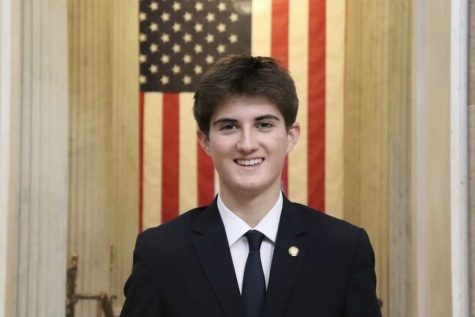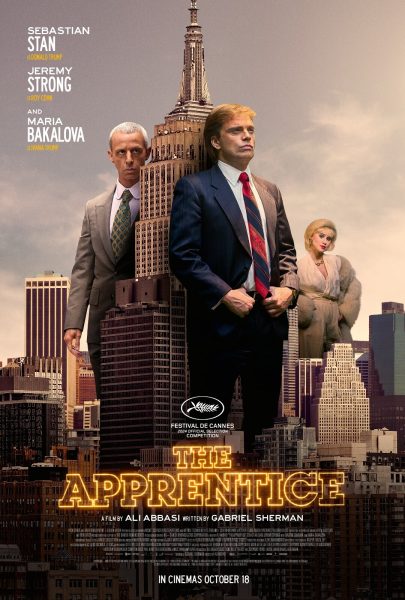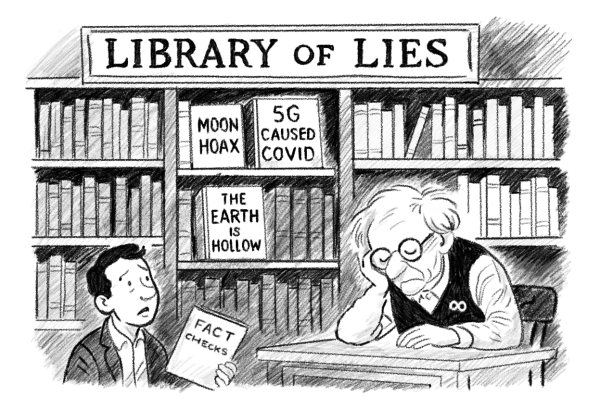Don’t fear ChatGPT. Embrace it.
RE Catalyst editors argue for the use of new AI learning tools
ChatGPT, a language model developed by OpenAI, can be a valuable tool in education. One of its biggest advantages is its ability to provide quick and accurate answers to a wide range of questions, helping students save time and find the information they need more easily. ChatGPT can also be a valuable resource for teachers, allowing them to quickly find answers to questions they may have and use that information in their teaching. However, it is important to note that ChatGPT is not perfect and may not always provide the most up-to-date information or the most accurate answers. Additionally, relying too heavily on AI-powered tools like ChatGPT could discourage critical thinking and reduce the development of problem-solving skills. Therefore, it is important to use ChatGPT as a supplement to traditional educational resources and encourage students to think critically about the information they receive.
ChatGPT wrote that paragraph in about five seconds using this prompt: “Write one paragraph about the pros and cons of ChatGPT in education.” In the past few months, the AI has shaken our educational system to its core with its unexpected surge in popularity among students. That affinity has led myriad institutions of higher learning to rethink the way they have taught for years, with some entirely shifting away from at-home essay writing and towards in-class composition.
For many educators, the pressing issue with ChatGPT is its potential to inhibit critical thinking. While previously online tech only allowed us to solve concrete math or physics problems, this AI technology can answer questions that require more complex thought, even writing poetry or term papers.
What is sometimes left out of the equation in this recent discourse are the benefits of ChatGPT. Though students should by no means copy the AI-generated text word-for-word, something ChatGPT does well is developing helpful ideas that allow students to delve deeper into their education, giving them guidance and helping them to craft their own interpretations. For example, if a student were authoring an essay on Frankenstein, the AI might tell them that Frankenstein depicts 18th century attitudes toward mental illness through the foiling of Henry Clerval and Victor Frankenstein, which the student could develop into their own train of thought. Students are still required to do their own research and generate their own insights. ChatGPT is simply acting as a virtual mentor to help develop those ideas.
In other fields beyond the humanities, ChatGPT is arguably poised to be more disruptive and complicated. It is particularly strong, for example, in coding and mathematics. Feed it any traditional computer science homework or exam question and it will likely generate functional code.
Optimists contend that in these areas and others, the AI will become like a calculator, automating lower-complexity tasks in a way that enables more complex and specialized jobs for humans. At the very least, it seems likely that this AI will help us be more productive in our everyday lives, allowing for more innovation and progress.
While we can be rightfully wary of new AI technology, we should also look to these developments as an exciting prospect for making our world more efficient and educated. Tech can improve our lives. Before the invention of the calculator, people spent hours and hours computing large numbers and solving more complex equations. After its invention, people spent less time doing these tasks, and instead used their energy to solve equations they would have never been able to solve before. If AI helps humans in this same manner, it could mean that we have barely gleaned the capacity of what we can accomplish.
Lila Diamond '23 is a staff writer for The Catalyst.
Emma Dvorkin '24 is a senior at Ransom Everglades School and the Editor-In-Chief of the RE Catalyst. She is a fellow of the RE Bowden Fellowship and is...
Ian Fox '24, a senior at Ransom Everglades School, is the executive news editor for the Catalyst. He's involved in Speech and Debate, Model UN, and TEDx...






